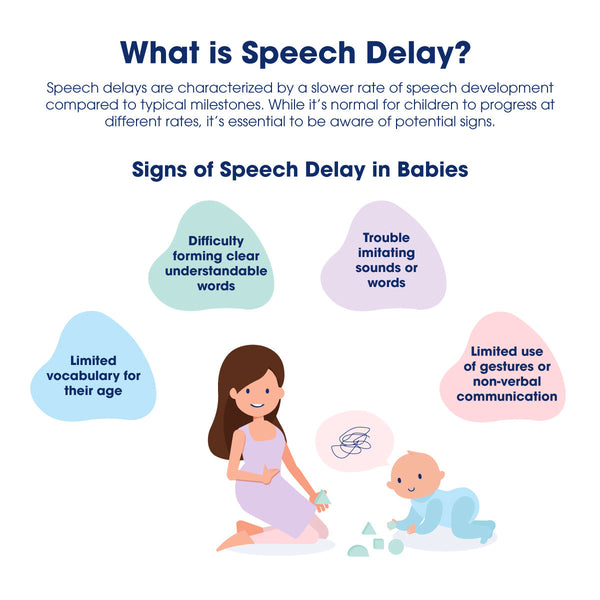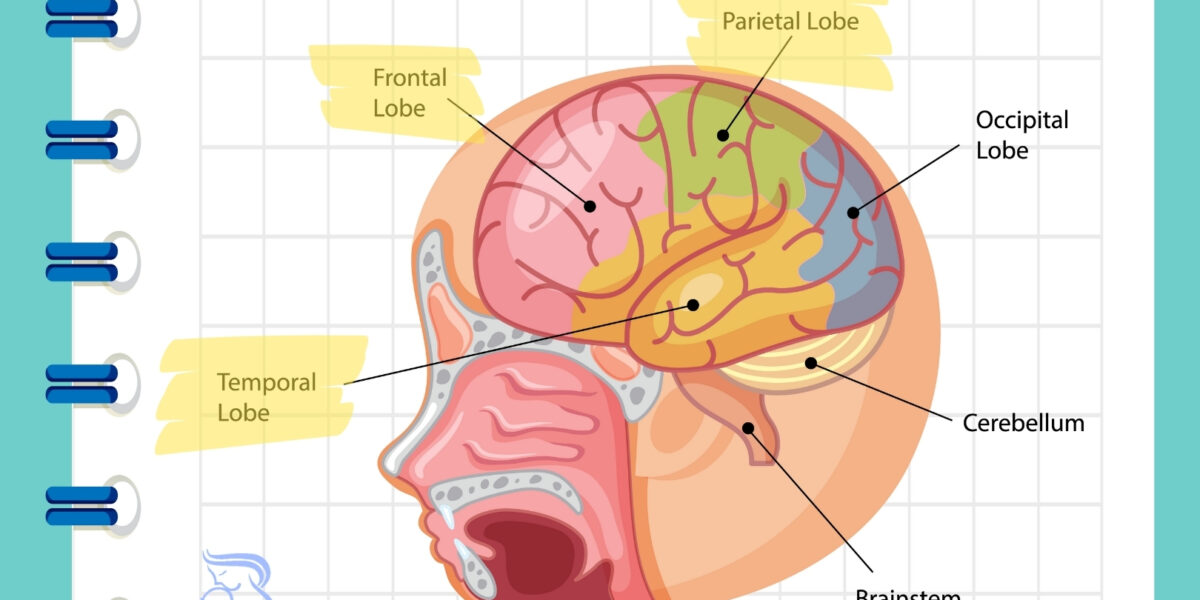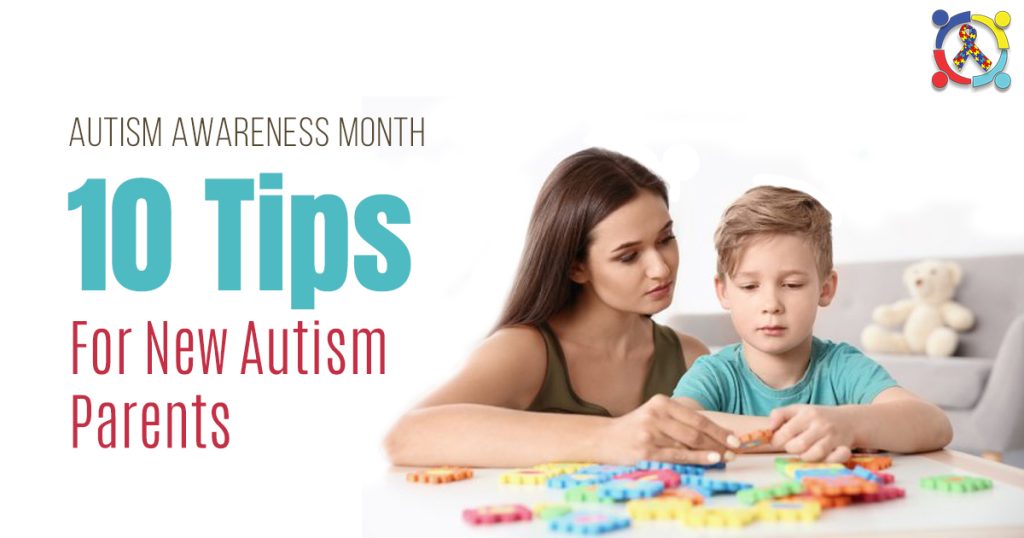When you’re a new mom, every decision feels monumental, especially when it comes to your child’s health and development. You want what’s best for your baby, and naturally, you might wonder if your lifestyle choices are affecting them.
One question that arises often is whether drinking alcohol while breastfeeding could lead to speech delays in your little one. It’s a topic that tugs at your heartstrings because you want to ensure your child has the best possible start in life.
This blog post is crafted specifically for you, shedding light on the connection between alcohol consumption during breastfeeding and potential speech development issues. Keep reading to discover the insights, backed by research, that will empower you to make informed decisions for your baby’s bright future.
Impact Of Alcohol On Breast Milk
The impact of alcohol on breast milk is a crucial topic for nursing mothers. Alcohol consumption during breastfeeding raises several concerns, especially regarding infant health. Understanding how alcohol transfers to breast milk and its duration is essential. This knowledge helps mothers make informed decisions about their drinking habits.
Alcohol Transmission To Breast Milk
Alcohol enters breast milk quickly after consumption. It passes through the bloodstream into the milk. The concentration in milk mirrors the mother’s blood alcohol levels. This means if a mother drinks, her baby may consume alcohol through her milk. It’s important to note that alcohol does not stay in breast milk forever. It decreases as the mother’s blood alcohol level drops.
Duration Of Alcohol Presence
Alcohol can be detected in breast milk for a short time. The duration depends on several factors. These include the amount consumed and the mother’s metabolism. On average, alcohol remains in milk for about 2-3 hours per drink. Mothers should wait before breastfeeding to ensure alcohol levels drop. This approach minimizes any potential impact on the baby.

Credit: kabritaarabia.me
Speech Development In Infants
Speech development in infants is a crucial aspect of their growth. Understanding the stages helps parents track progress. Early speech skills lay the foundation for communication. Infants start recognizing sounds and voices early. These early interactions are vital for language skills.
Parents often wonder about factors affecting speech development. Breastfeeding mothers may worry about alcohol consumption. It’s essential to understand potential impacts on speech milestones.
Milestones In Early Speech
Infants go through several speech milestones. Around two months, babies coo and gurgle. By six months, they start babbling. Babbling turns into simple words by the first year. At 18 months, most toddlers know about 20 words. By age two, children form two-word sentences. These milestones vary among children.
Factors Influencing Speech Development
Several factors can influence speech development. Genetics play a significant role. Family history of speech delays can be a factor. Environmental influences matter too. Interaction with caregivers is crucial. Children exposed to more words tend to develop speech faster. Health issues like hearing loss can delay speech.
Parental habits, including alcohol consumption, may affect speech. It’s important to consider potential risks. Each child develops at their own pace. Regular check-ups with pediatricians help monitor progress.
Scientific Studies On Alcohol And Speech Delay
When you consider the potential effects of alcohol on your baby’s development, it’s natural to worry about speech delay. As a mother, you might have heard conflicting advice about drinking while breastfeeding. It’s vital to explore the scientific studies that can shed light on this concern. Are these studies providing clear answers, or is there still a lot we don’t know?
Research Findings
Scientific studies have investigated the link between alcohol consumption during breastfeeding and speech development in infants. Research shows that alcohol can pass into breast milk, potentially affecting your baby’s brain development. One study found that infants exposed to alcohol through breastfeeding had a slight delay in reaching speech milestones.
However, this research is still evolving. Some studies suggest the impact might be more significant in infants who are regularly exposed to higher levels of alcohol. Others have found the effects might be minimal if alcohol consumption is occasional. It’s a complex subject, and the findings can vary depending on the amount and frequency of alcohol intake.
Limitations Of Current Studies
Current studies on alcohol and speech delay have their limitations. Many research projects rely on self-reported data, which can be unreliable. You might not remember exactly how much alcohol you consumed or how often. Such inaccuracies can affect study results.
Additionally, factors like genetics and environmental influences can also play a role in speech development. These studies often struggle to isolate alcohol as the sole factor. It’s challenging to pinpoint its exact impact amidst other variables affecting your baby’s growth.
While science offers some insights, it doesn’t always provide definitive answers. This leaves many mothers wondering: Should you avoid alcohol entirely, or is moderate consumption safe?
Potential Risks Of Alcohol Consumption
Alcohol consumption during breastfeeding can pose potential risks to infants. Mothers may wonder about its impact on their child’s development. Understanding these risks helps make informed choices. The delicate nature of infant development requires careful consideration.
Effects On Infant Brain Development
Alcohol can affect an infant’s brain development. The brain is sensitive to changes. Alcohol disrupts normal growth patterns. This disruption can lead to developmental issues. The brain’s wiring is vulnerable during early stages. Exposure may alter its normal pathways. Speech delay is one possible outcome. Each infant’s sensitivity varies. Even small amounts can cause harm.
Long-term Developmental Concerns
Long-term exposure carries significant concerns. Developmental milestones might be delayed. Speech and language skills can suffer. Cognitive skills may lag behind peers. Social interaction could be affected. These issues can persist into school age. Early intervention becomes necessary. Families may face challenges in managing delays. Awareness of risks is crucial for prevention.
Guidelines For Safe Breastfeeding
Drinking alcohol while breastfeeding may impact your baby’s development. It can potentially lead to speech delays. Ensuring a safe breastfeeding routine helps promote healthy growth and communication skills in infants.
Breastfeeding is a special journey that demands attention to many factors. Among them, understanding how your lifestyle choices can impact your baby’s development is crucial. A common concern for mothers is whether drinking alcohol can lead to speech delay in their children. To ensure safe breastfeeding practices, it’s important to consider guidelines that focus on moderation, timing, and alternatives.Moderation And Timing
Moderation is key when it comes to alcohol consumption while breastfeeding. Drinking a glass of wine occasionally might not harm your baby, but frequent and heavy drinking could. If you choose to drink, timing is equally important. Plan your drinking around your baby’s feeding schedule. Allowing your body time to metabolize the alcohol before nursing can make a difference. Experts often recommend waiting at least two hours after a drink before breastfeeding. Your baby’s health is worth the planning.Alternatives To Consider
If you’re worried about the effects of alcohol, consider alternatives. You might enjoy non-alcoholic drinks during social gatherings. Many mothers find satisfaction in mocktails, which offer the taste without the risk. Herbal teas and infused waters are also refreshing options. They keep you hydrated and provide a moment of relaxation. Why not try a new blend and discover a favorite? Have you ever thought about how your choices today shape your child’s tomorrow? As you navigate breastfeeding, keep these guidelines in mind. They are steps toward ensuring your child’s healthy development, free from speech delays linked to alcohol consumption. Your commitment to safe practices will pave the way for your baby’s bright future.
Credit: journeypure.com
Expert Opinions And Recommendations
When it comes to understanding the effects of drinking alcohol while breastfeeding, expert opinions can offer valuable insights. As a new parent, you want to ensure the best for your child. You’re likely asking yourself how your lifestyle choices might impact your baby’s development, especially concerning speech delay. Let’s explore what pediatricians and lactation consultants have to say.
Pediatricians’ Views
Pediatricians emphasize that moderation is key. Consuming alcohol in small amounts isn’t likely to harm your baby. However, frequent and heavy drinking can potentially impact development, including speech.
They recommend waiting until alcohol is fully metabolized before breastfeeding. This can be a practical tip if you’re planning a social event. Consider using a breast pump to store milk beforehand.
Your pediatrician might also suggest monitoring your baby’s milestones closely. Noticing any delays early can help you address them promptly with professional guidance.
Lactation Consultants’ Advice
Lactation consultants stress the importance of timing. They advise nursing before drinking or waiting two hours per drink before breastfeeding. This ensures minimal alcohol in your milk.
Some mothers have shared that they use test strips to check alcohol levels in breast milk. These can provide peace of mind and clarity. Would this be something you’d consider?
Consultants also suggest maintaining a healthy diet and hydration, as these can support both you and your baby’s well-being. Staying informed and connected with resources helps you make the best choices.
As you navigate breastfeeding, consider these expert recommendations. How might these insights influence your approach to alcohol consumption? Your choices today can shape your child’s tomorrow.
Parent Experiences And Testimonials
Some parents share concerns about drinking alcohol while breastfeeding. They worry it might cause speech delay in children. Testimonials reveal varied experiences, with some noticing no effects, while others suggest caution.
When it comes to understanding the potential impact of drinking while breastfeeding, hearing from parents can be incredibly insightful. Their firsthand experiences and testimonials offer a real-world perspective that can help you make informed decisions. Let’s dive into some personal stories and the lessons they’ve learned along the way.Personal Stories
One mother shared that she occasionally enjoyed a glass of wine during her breastfeeding journey. She noticed her baby was slightly fussier on those nights, but she wasn’t sure if it was related. It made her more cautious about timing her drink right after a feed. Another parent recounted how they were worried about their baby’s speech development after regular social drinking. They decided to cut down and noticed improvements in their baby’s responses and babbling. This made them believe there might be a connection. Isn’t it fascinating how small changes can lead to noticeable differences in your baby’s behavior? These stories show the diverse experiences parents have and the unique insights they gain.Lessons Learned
From these stories, one lesson emerges clearly: moderation and timing are key. Parents often find that if they choose to drink, it’s best done immediately after a feeding session. This allows more time for alcohol to leave the system before the next feed. Another lesson is the importance of observation. By closely monitoring your baby’s reactions and development, you can make adjustments that feel right for your family. Have you ever considered keeping a journal of your baby’s behavior in relation to your diet and habits? It could provide valuable insights and peace of mind. These personal experiences show that while every child is different, parents can take proactive steps to support their child’s development. What are your thoughts on this? Have you experienced something similar, or have you heard stories from friends and family? Your insights are valuable in this ongoing conversation.
Credit: hiehelpcenter.org
Frequently Asked Questions
Can Drinking While Breastfeeding Cause Developmental Delays?
Drinking alcohol while breastfeeding may affect a baby’s development. Alcohol can pass through breast milk, potentially causing developmental delays. Limiting alcohol intake is crucial for ensuring your baby’s health and development. Always consult a healthcare professional for guidance on safe breastfeeding practices.
What Are The Side Effects Of Drinking Alcohol While Breastfeeding?
Drinking alcohol while breastfeeding can affect the baby’s sleep, growth, and development. It may reduce milk production. Alcohol can pass through breast milk, potentially leading to drowsiness or irritability in the baby. It’s advisable to limit alcohol consumption and consult a healthcare professional for guidance.
Can Breastfeeding Cause Speech Delay?
Breastfeeding does not cause speech delays. Speech development varies among children due to multiple factors, including genetics and environment. Consult a pediatrician for concerns.
Can Drinking During Pregnancy Cause Speech Delay?
Drinking alcohol during pregnancy can cause speech delay and other developmental issues in children. It’s crucial to avoid alcohol completely to ensure healthy fetal development and reduce the risk of speech and language impairments. Always consult with a healthcare professional for guidance on maintaining a healthy pregnancy.
Conclusion
Drinking while breastfeeding can raise concerns about speech delay. It’s important to prioritize your baby’s health. Alcohol can affect breast milk and, in turn, your child. Consult with your doctor for guidance. Research suggests moderation is key. Awareness and proper care can support your child’s development.
Every child is unique. Pay attention to their milestones. Seek professional advice if you notice delays. Make informed choices for your baby’s well-being. Your journey as a parent is vital. Keep learning and adapting for the best outcomes. Your efforts make a difference.

